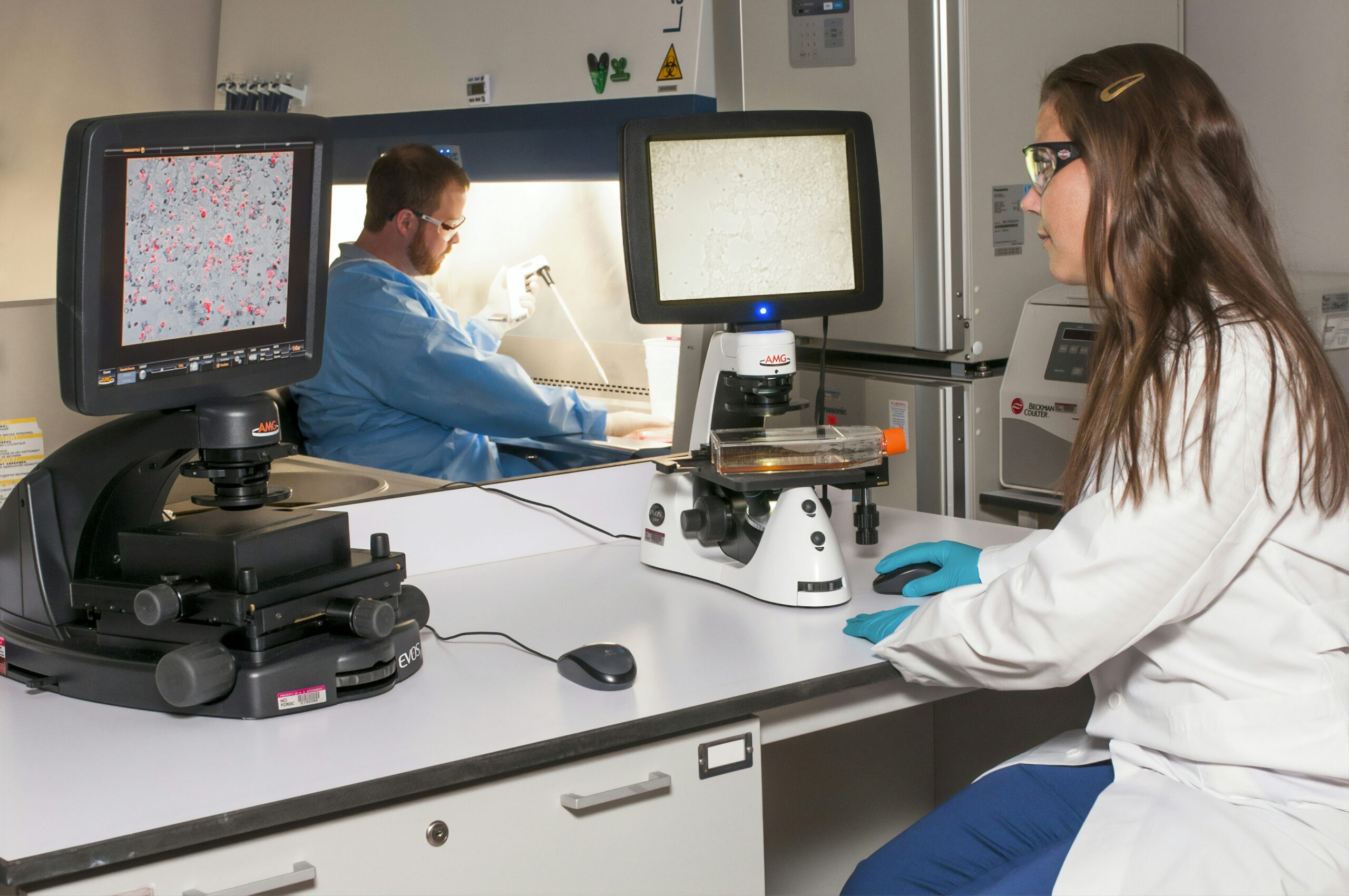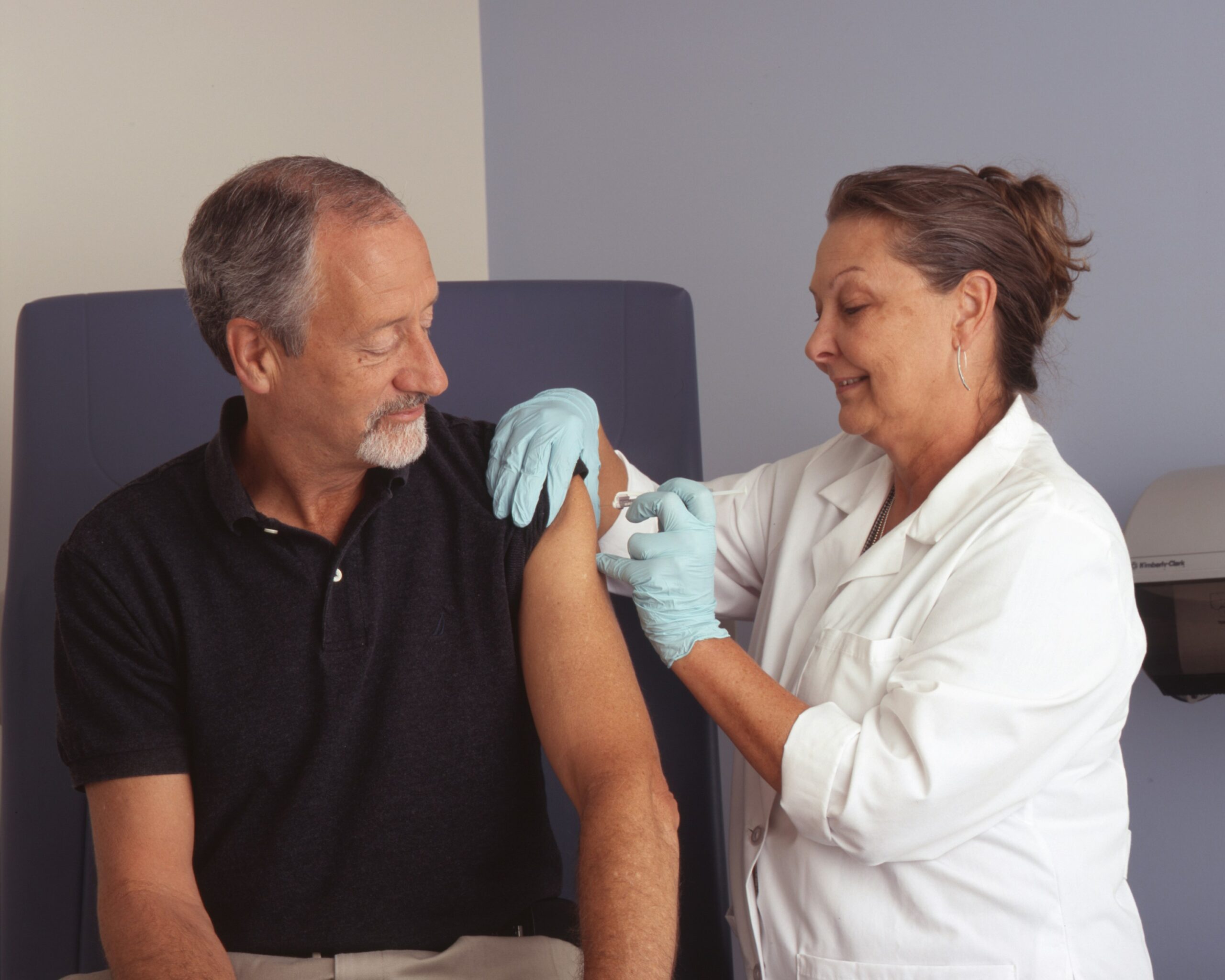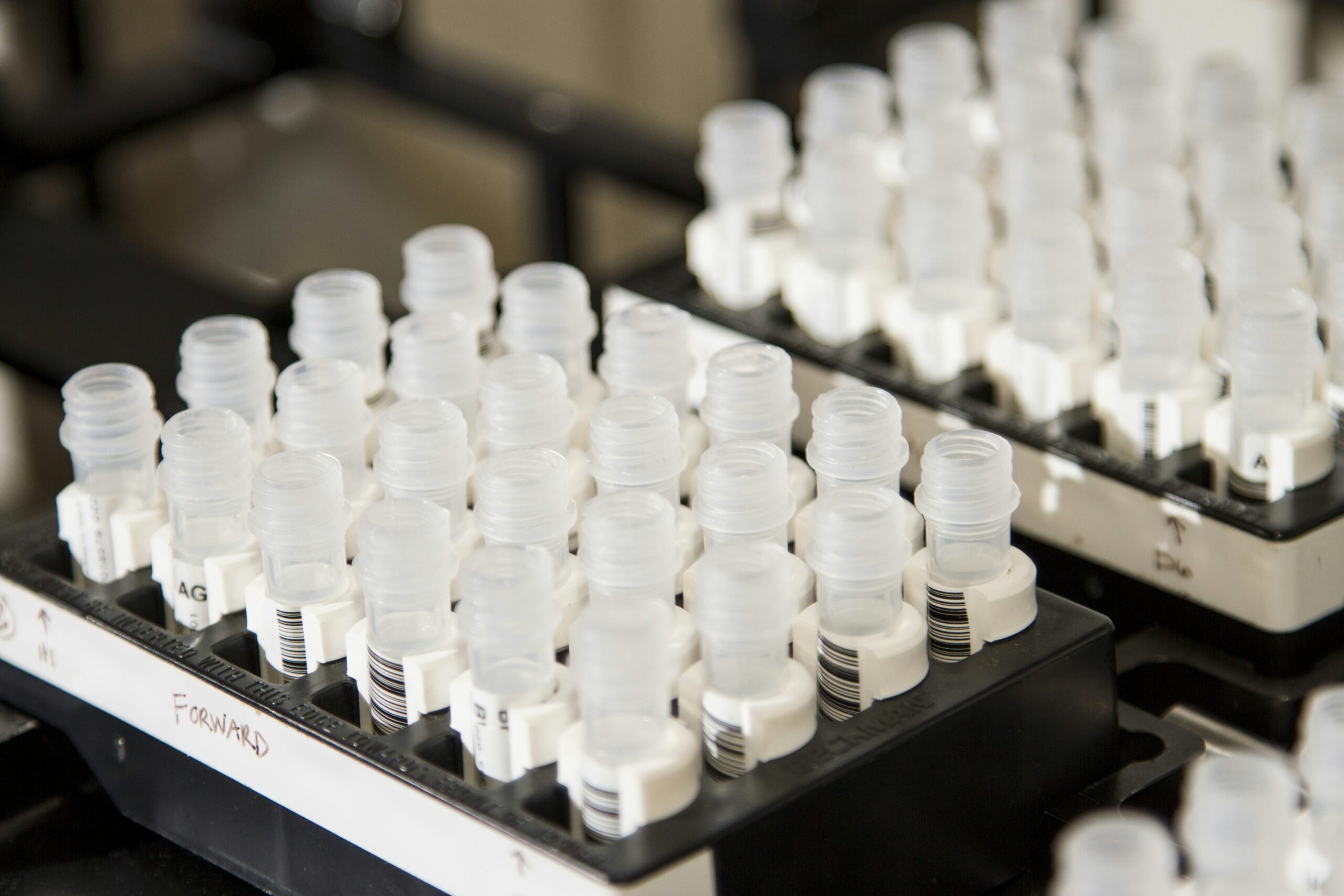Have you ever wondered about the potential impact of ejaculation on the prostate gland? Many men have pondered this question, and in this article, we will explore the relationship between ejaculation and the prostate gland. We will delve into the possible effects of ejaculation on prostate health, shedding light on this intriguing subject and providing valuable insights for men seeking to understand their bodies better. So, let's get started and unravel the mystery surrounding ejaculation and its potential effects on the prostate gland.

Understanding the Prostate Gland
Definition of the prostate gland
The prostate gland is a walnut-sized gland located just below the bladder in males. It is an integral part of the male reproductive system and is responsible for producing and secreting a fluid that nourishes and protects sperm.
Function of the prostate gland
The primary function of the prostate gland is to aid in reproduction. The fluid it produces, known as prostate fluid, is a key component of semen. It helps sperm survive and contributes to their motility, enhancing their ability to fertilize an egg. The prostate gland also plays a role in controlling the flow of urine, as it surrounds the urethra, the tube through which both urine and semen pass.
Factors that affect the prostate gland
Several factors can affect the health and functioning of the prostate gland. Age is a significant factor, as the risk of prostate problems tends to increase with age. Family history and genetics also play a role, as individuals with a family history of prostate issues may be more susceptible. Hormonal imbalances, certain medications, and lifestyle factors such as diet and exercise can also impact the prostate gland.
Exploring Ejaculation
What is ejaculation?
Ejaculation is the release of semen from the penis upon sexual climax. It is a natural physiological response that occurs during sexual arousal and orgasm.
The biological process of ejaculation
During sexual stimulation, the muscles in the pelvic region begin to contract, leading to the release of semen. These contractions are facilitated by the central nervous system, which sends signals to the muscles involved in ejaculation. The semen, which includes sperm and prostate fluid, is propelled through the urethra and out of the penis.
How ejaculation interacts with the prostate gland
Ejaculation relies on the prostate gland for the secretion of prostate fluid. The contraction of the prostate gland during ejaculation helps propel the semen through the urethra. This interaction between ejaculation and the prostate gland highlights the interconnectedness of the male reproductive system.
Relation between Ejaculation and the Prostate Gland
General connection between ejaculation and prostate health
Ejaculation has long been believed to have a positive impact on prostate health. Regular ejaculation helps to flush out potentially harmful substances from the prostate, reducing the risk of inflammation and the development of certain prostate conditions. It also aids in improving blood flow to the prostate, promoting overall prostate health.
Research studies about ejaculation and prostate health
Numerous research studies have investigated the relationship between ejaculation and prostate health. Some studies have shown that frequent ejaculation is associated with a lower risk of developing prostate cancer. Other studies have found potential benefits in reducing the risk of prostatitis, prostate inflammation, and benign prostatic hyperplasia (BPH), a non-cancerous enlargement of the prostate gland. While these studies provide intriguing insights, further research is still needed to establish conclusive evidence.
Ejaculation and Prostate Cancer Risk
Scientific studies linking ejaculation frequency and prostate cancer risk
Several scientific studies have explored the association between ejaculation frequency and the risk of prostate cancer. One notable study published in the Journal of the American Medical Association found that men who ejaculated 21 or more times per month had a significantly lower risk of developing prostate cancer compared to those who ejaculated less frequently. Other studies have also demonstrated a potential inverse relationship between ejaculation frequency and prostate cancer risk.
Arguments and counterarguments about the link
While there is growing evidence suggesting a link between ejaculation frequency and prostate cancer risk, it is important to note that these studies do not prove causation. Some argue that factors such as overall sexual activity, lifestyle choices, and genetics may confound the observed relationship. Additionally, the optimal frequency of ejaculation for reducing prostate cancer risk is still uncertain. Further research is needed to fully understand the complex interplay between ejaculation and prostate cancer risk.

Ejaculation and Prostatitis (Prostate Inflammation)
Understanding prostatitis
Prostatitis is a condition characterized by inflammation of the prostate gland. It can lead to symptoms such as pain, difficulty urinating, and sexual dysfunction. While the exact causes of prostatitis are not always clear, it is believed that infection, autoimmune reactions, and pelvic muscle dysfunction can contribute to its development.
Effects of sexual activity and ejaculation on prostatitis
There is some debate on the impact of sexual activity and ejaculation on prostatitis. Some believe that sexual abstinence or reduced ejaculation frequency can worsen prostatitis symptoms due to the buildup of prostatic fluid. Others argue that vigorous sexual activity and frequent ejaculation may irritate the prostate, leading to increased inflammation. The optimal approach for managing prostatitis in relation to sexual activity varies from person to person, and individuals are encouraged to consult with their healthcare professionals for personalized advice.
Helpful or Harmful: Differing views on ejaculation's impact on inflammation
While opinions differ on the impact of ejaculation on prostatitis, some evidence suggests that it may have both beneficial and detrimental effects. On one hand, regular ejaculation may help clear prostatic fluid and potentially reduce inflammation. On the other hand, excessive or vigorous ejaculation could potentially irritate an already inflamed prostate. Finding a balance that works for each individual's specific circumstances and symptoms is crucial for managing prostatitis effectively.
Ejaculation and Benign Prostatic Hyperplasia (BPH)
Defining Benign Prostatic Hyperplasia
Benign Prostatic Hyperplasia (BPH) refers to the non-cancerous enlargement of the prostate gland. It is a common condition that affects many aging men, leading to symptoms such as frequent urination, weak urine flow, and difficulty emptying the bladder. BPH is believed to be primarily driven by hormonal imbalances and the aging process.
The influence of ejaculation on preventing or exacerbating BPH
The relationship between ejaculation and BPH is not yet fully understood. Some studies suggest that frequent ejaculation may help reduce the risk of developing BPH by promoting the healthy functioning of the prostate gland. Regular ejaculation aids in flushing out prostatic fluid and potentially preventing the buildup of substances that contribute to the development of BPH. However, further research is required to establish a definitive link between ejaculation and this common prostate condition.

Benefits of Frequent Ejaculation
Clearance of prostate fluid
One of the key benefits of frequent ejaculation is the clearance of prostatic fluid from the prostate gland. Regular ejaculation helps to prevent the stagnant accumulation of prostatic fluid, reducing the risk of inflammation and potential complications.
Reduction of possible carcinogens
Frequent ejaculation has been associated with a potential reduction in the accumulation of carcinogenic substances in the prostate gland. By promoting the regular release of fluid and flushing out potentially harmful substances, ejaculation can contribute to maintaining a healthier prostate environment.
Impact on overall sexual health
In addition to its positive impact on prostate health, frequent ejaculation also has benefits for overall sexual health. Regular sexual activity and ejaculation help maintain healthy blood flow to the genitals, which in turn promotes erectile function and sexual satisfaction. It can also contribute to the maintenance of healthy sexual relationships and psychological well-being.
Potential Downsides of Frequent Ejaculation
Possible exacerbation of prostatitis
For individuals with prostatitis, frequent ejaculation could potentially worsen symptoms by further irritating the inflamed prostate gland. It is essential to consider individual circumstances and consult with healthcare professionals to determine the most suitable approach for managing prostatitis symptoms.
Potential impact on sexual function and mood
There is some debate surrounding the potential impact of frequent ejaculation on sexual function and mood. Some argue that excessive ejaculation or sexual activity may lead to temporary sexual fatigue and reduced libido. However, others believe that regular sexual activity and ejaculation can help alleviate stress and contribute to positive emotional well-being. Finding a balance that works for individual needs and preferences is key.
Negative psychological effects
In rare cases, frequent ejaculation may contribute to psychological distress, such as feelings of guilt or loss of control. It is essential to maintain a healthy relationship with sexual activity and to seek support if negative psychological effects arise.
Effects of Abstinence on the Prostate Gland
What happens when ejaculation is avoided?
When ejaculation is avoided for an extended period, the prostate gland may experience a buildup of prostatic fluid. This stagnant fluid can potentially become a breeding ground for bacteria, increasing the risk of infection and inflammation.
The impacts of ‘NoFap' or ‘Semen Retention' practices on prostate health
Some individuals choose to practice ‘NoFap' or ‘semen retention,' abstaining from ejaculation for various reasons, including personal beliefs or goals. While the impacts of these practices on prostate health are not yet fully understood, it is important to maintain a balanced approach and consult with healthcare professionals for personalized advice.
Conclusions and Recommendations
Summary of scientific consensus on ejaculation and prostate health
While research has shed light on the relationship between ejaculation and prostate health, there is still much to learn. Scientific studies suggest that regular ejaculation may have a positive impact on prostate health, potentially reducing the risk of prostate cancer and aiding in the prevention of certain prostate conditions. However, individual circumstances, symptoms, and medical history should always be considered to determine the most appropriate approach for each individual.
Advice for maintaining prostate health
To maintain optimal prostate health, it is recommended to engage in regular sexual activity and ejaculation. Aim for a balanced approach, tailored to individual needs and preferences. The importance of a healthy lifestyle, including a balanced diet, regular exercise, and regular medical check-ups, cannot be underestimated in promoting overall prostate health.
Future directions for research
Further research is necessary to continue exploring the intricate relationship between ejaculation and prostate health. Long-term studies are needed to establish more definitive conclusions regarding the impact of ejaculation on prostate cancer risk, prostatitis management, and BPH prevention. Continued research will help guide medical professionals in providing evidence-based recommendations for maintaining prostate health.

